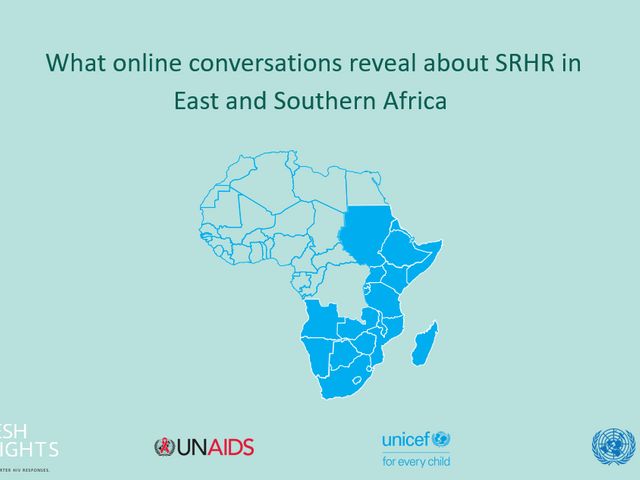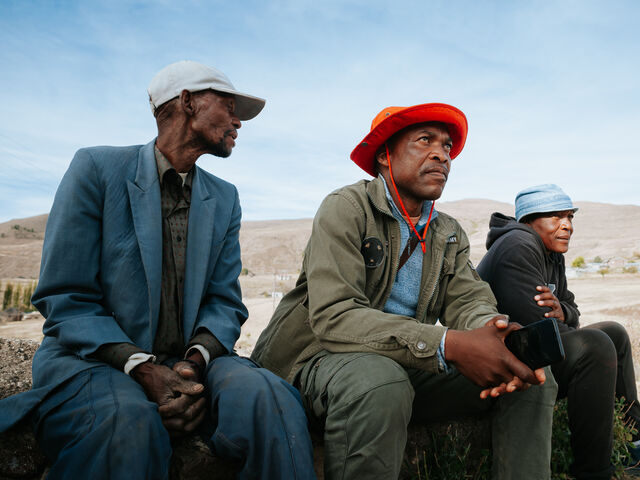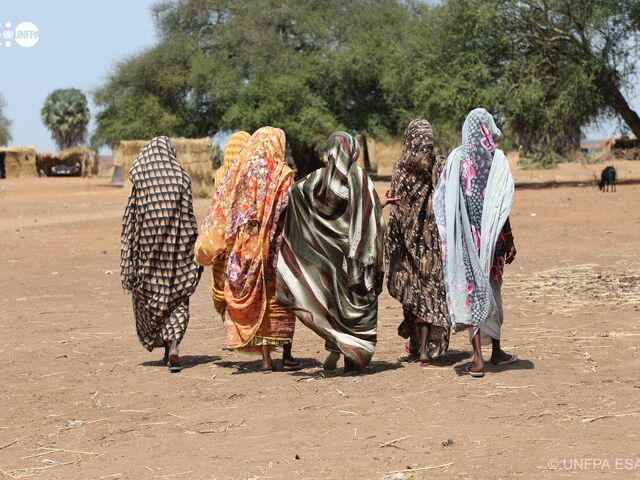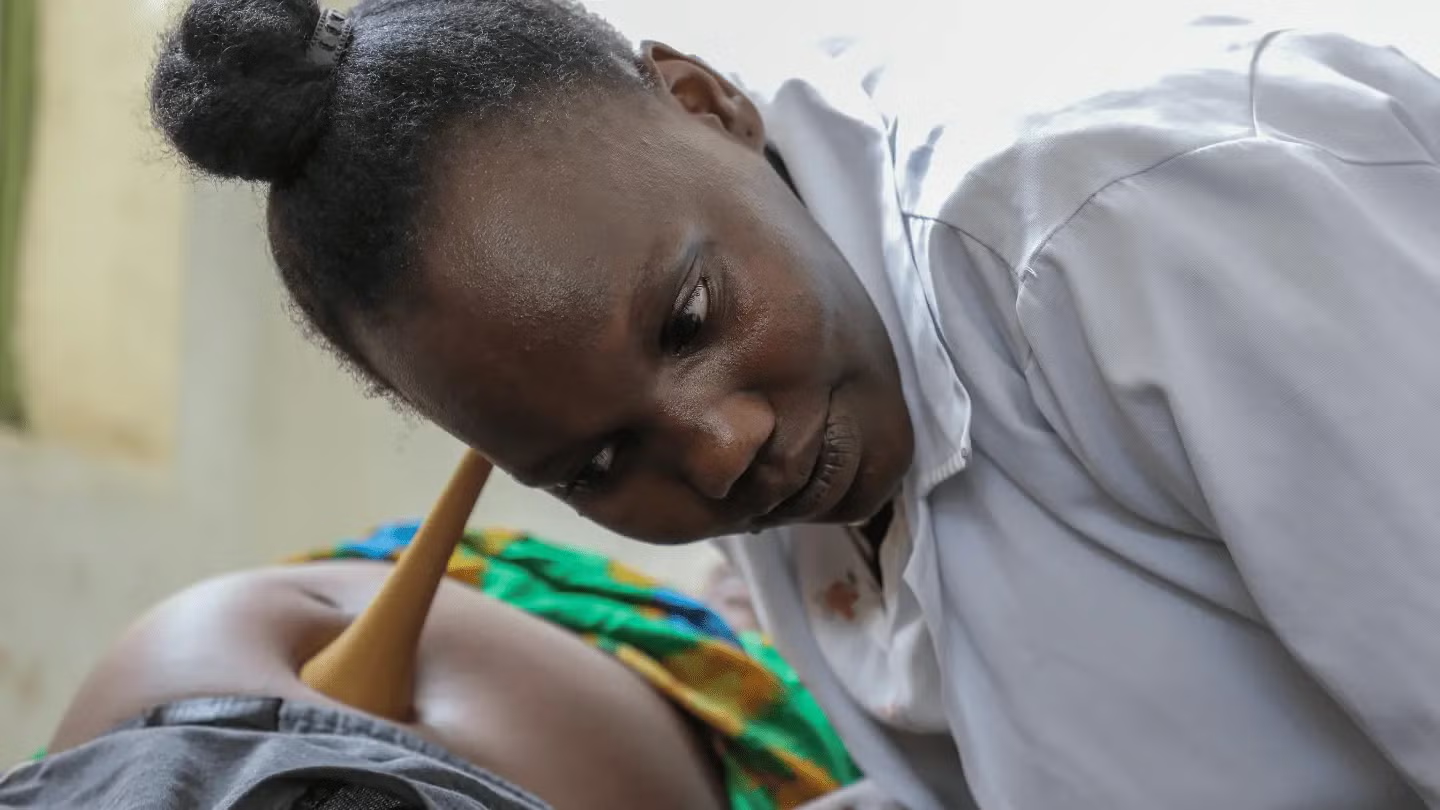
“I saw too many mothers suffer because they didn’t have access to care. I knew I had to do something," highlights Tigist, a 25-year-old midwife who has dedicated her life to maternal health in her community.
Tigist grew up witnessing women struggle through pregnancy and childbirth without access to proper medical care: some walked for hours while in labor to reach the nearest health facility, while others delivered at home without skilled support, risking their lives and that of their babies.
These early experiences shaped her path.
Nurses and midwives like Tigist will witness tremendous change in the advancement of reproductive health and maternal care in Ethiopia’s underserved regions with the official launch of the joint UN programme, 2gether 4 SRHR, in the Afar region of the country.
“This project is a unique opportunity to bring life-saving services closer to women and girls in Afar—and ensure that no woman dies while giving life,” said Mr. Koffi Kouame, UNFPA Representative to Ethiopia.
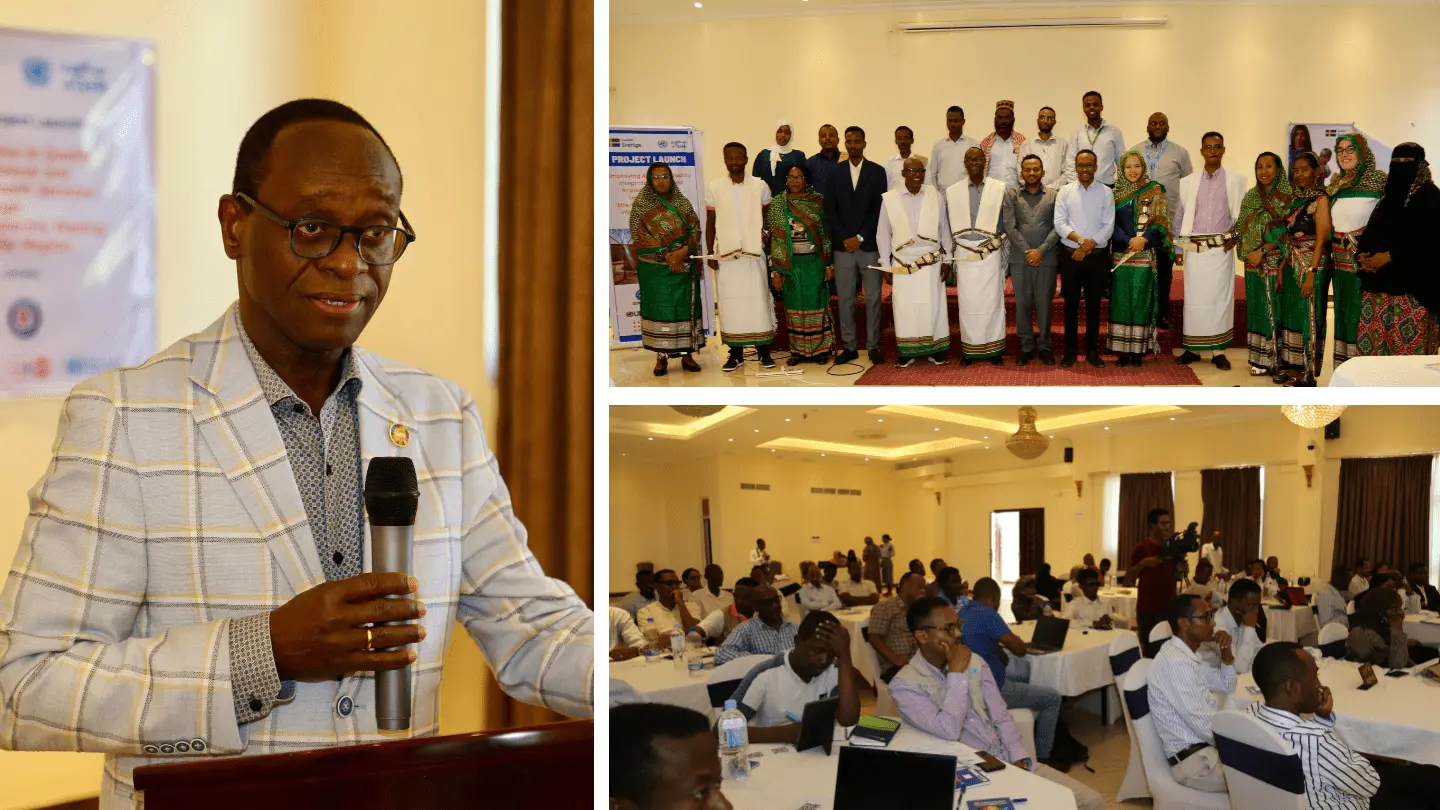
The program, jointly implemented by UNAIDS, UNFPA, UNICEF, and WHO, and funded by the Government of Sweden, will focus on improving access to quality, integrated sexual and reproductive health and rights (SRHR) services by strengthening a maternity waiting home and health facilities in an area home to some 6,000 women of reproductive age and 9,000 adolescent and youth.
One of Tigist’s proudest achievements is establishing a maternity waiting home for women from remote, isolated communities: “I remember a mother who walked for hours while in labor. She arrived exhausted, and the baby was in distress. We saved them, but it was a close call. Now, mothers like her have a safe place to wait.”
Maternity waiting homes—residential facilities located near health centres—play a vital role in ensuring pregnant women have access to skilled birth attendants and emergency care. Through 2gether 4 SRHR, maternity waiting homes will be upgraded, frontline health workers will be supported, and local communities will be actively engaged to increase awareness and uptake of SRHR services.
In recent years, the country has made significant strides in maternal and reproductive health: maternal mortality has decreased and contraceptive use has risen sharply, with achievements linked to expansion of health facilities and maternity waiting homes; increasing midwifery presence; availability of supplies; among others. Despite this progress, however, challenges remain throughout the country, including in Afar region, where the programme will focus.
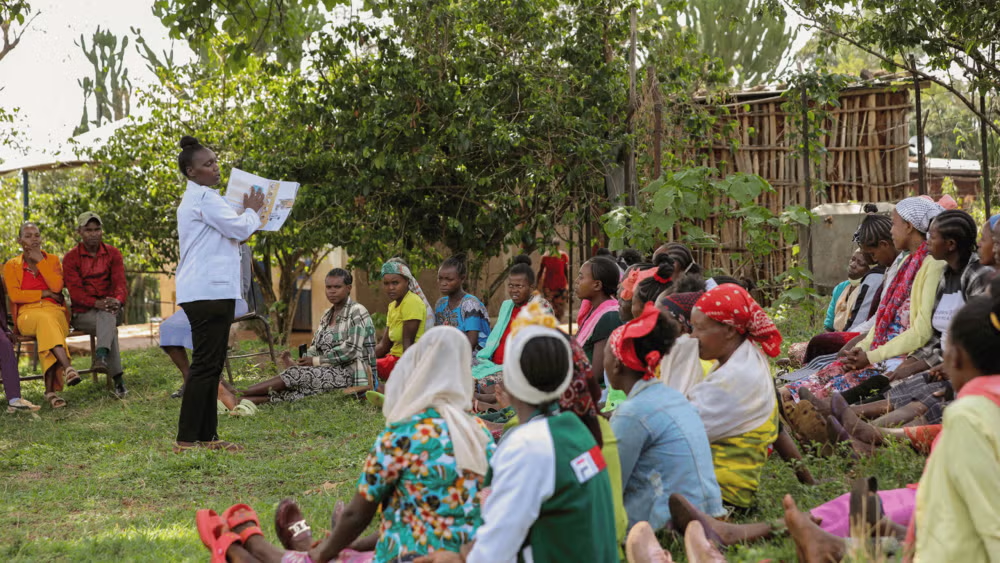
Beyond service provision and capacity building, the 2gether 4 SRHR programme in Ethiopia will promote behavior change around maternal health and reproductive rights, foster stronger community participation—particularly from women and youth—and build lasting partnerships between Government bodies, health facilities, and UN agencies.
Last month, regional government representatives, health professionals, development partners, and community leaders and others came together in Afar region to officially launch the programme and jointly reinforce their commitment to make quality maternal health care a reality for all, particularly in crisis-affected and hard-to-reach areas of Ethiopia.
